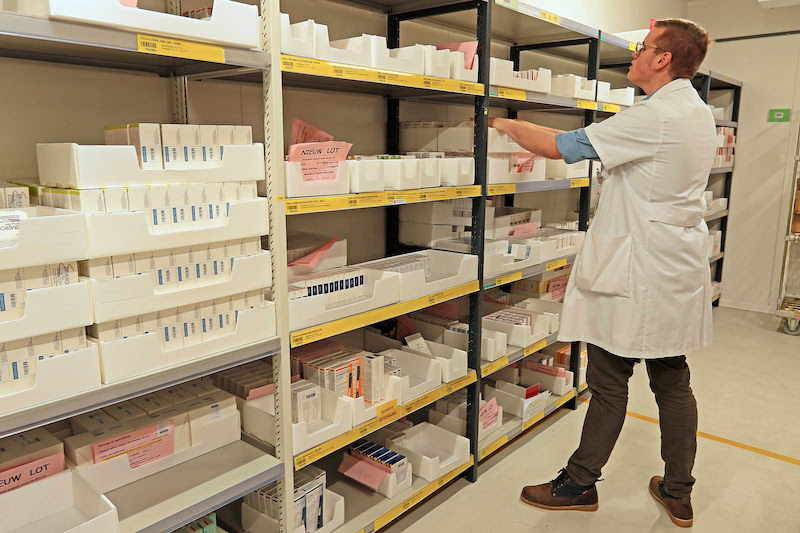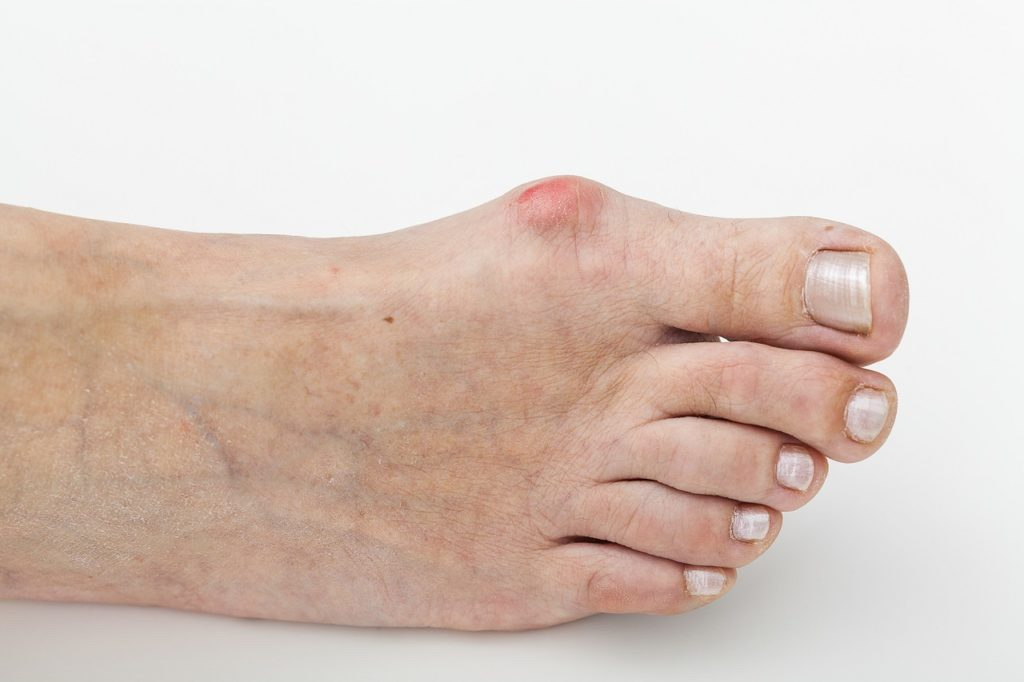
Food disorders in children: infantile obesity
The food disorders are more common in the adolescence and the infancy. To avoid the evolution of a possible problem of infantile obesity, Psicoactúa realizes a campaign for the childrens.
The aim of the equipment of Psicoactúa Alimentación is of anticipating the food disorders and the infantile obesity, for it they have started a campaign with kitchen workshops for parents and children. In these workshops they cook together and learn good habits related to the food and the health. The purpose of the workshops is to promote the awareness of the families on the importance of the supply and of the physical exercise. Likewise it provides information and resources to the parents to be employed at house this so important aspect for the health.
A balanced supply and a suitable level of physical activity are the elements that more they contribute to a healthy way of life. For it, it is important that from the infancy there is known the paper that the supply and the sport have. In the last years, the Spanish population has been leaving food own habits of the Mediterranean Diet and realizing a way of life increasingly sedentarily (passive leisure, new technologies, abuse of transport). And consequence of it is the increasing problem of obesity.
Infantile obesity: when I grow up, I want to be…Obese?
The bad habits in supply and the way of life are the reason of 70 % of the diseases of our time. The overweight and the obesity in children and teenagers predisposes to chronic diseases how hypertension, diabetes, cardiovascular diseases, articulatory problems and worsening of respiratory diseases, predisposes to problems psicosociales and, which turns out to be more important, 80 % of the children with overweight and infantile obesity will be, if it does not modify the weight, an obese adult.
To attend to the smallest is a good way of anticipating food conducts altered in the future, because of it in Psicoactúa Alimentación we intervene from the infancy to anticipate and to attend to the family when without medical reason: the child does not eat, is sick, rejects food or presents problems to obtain a supply or weight adapted for his age, including the treatment of the overweight and the infantile obesity.Psicoactúa Alimentación’s aim is the prevention and the integral treatment of the alterations of the behavior alimentario/of the food conduct in any moment / stage of the life.
Healthy habits in 7 steps
Choose with his children, of a joint and agreed by consensus way, what habit they have to improve or to introduce, to improve the habits of life and familiar health:
1.-To have breakfast every day.
2.-To increase consumption of fruits in the lunches, the snacks and the desserts.
3.-To reduce consumption of sugary drinks (juices, refreshments, etc.) and to replace it with water.
4.-To walk more.
5.-To use the stairs providing that it is possible and to reduce the use of the elevator.
6.-To realize at least a food in family every day.
7.-To eat without television.





Pingback: Visual health and new technologies - MQS
Pingback: Visual health and new technologies - Revista - Mas Que Salud -Toda la actualidad en salud y artículos de estilos de vida